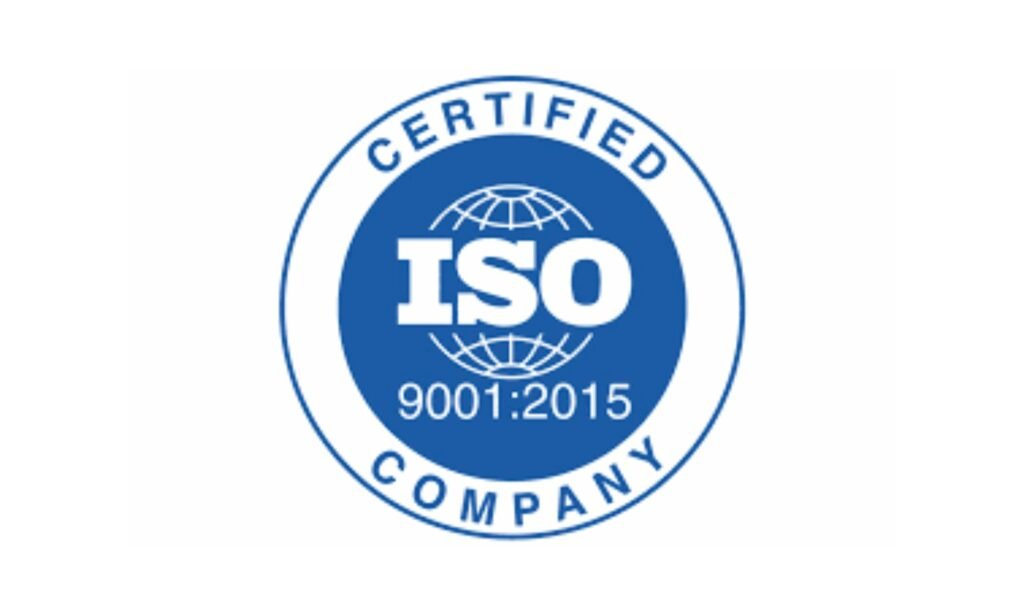Corporate Registration
COMPANY REGISTRATION

Setting up a private limited company is one of the highly recommended ways to start a business in India. This type of company offers limited liability for its shareholders with certain restrictions placed on the ownership. An LLP has partners, who own and manage the business. Whereas in PVT company registration, directors may be different from shareholders.
WHAT ARE THE TYPES OF BUSINESS STRUCTURES IN INDIA?
Proprietorship Firm
A proprietorship firm can be established and managed by a single person. Only one person runs the business, and it is ideal for small business owners with low investments. The entire control of the business will be with the sole proprietor, who can enjoy the profits, but he/she will also have to bear all the business losses.
Partnership Firm
Two or more persons enter into a partnership and establish a partnership firm. The partners of the firm equally share the profits derived from the business. They will also have to bear the losses of the firm. The partnership firm is regulated under the Partnership Act, 1932. It is ideal for small businesses run by two or more persons with low investment.
One Person Company (OPC)
Recently introduced in the year 2013, an OPC is the best way to start a company if there exists only one promoter or owner. It enables a sole proprietor to carry on his work and still be part of the corporate framework. It is registered under the Companies Act, 2013. It is ideal for small businesses who want to raise capital.
Limited Liability Partnership (LLP)
An LLP is a separate legal entity where the liabilities of partners are only limited only to their agreed contribution. An LLP is established under the Limited Liability Act, 2008 with the Registrar of Companies (ROC). It has features of both the partnership firm and the company. It is ideal for businesses established by partners who want limited liability.
Private Limited Company (PLC)
A PLC in the eyes of the law is regarded as a separate legal entity from its founders. The directors of the company look after the affairs of the company. The shareholders (stakeholders) invest in the company and are part owners. A PLC is registered under the Companies Act, 2013 with the ROC. It is ideal for medium to big businesses who wish to raise capital.
Public Limited Company
A Public Limited Company is a company established by seven or more members under the Companies Act, 2013. The directors are responsible for the affairs of the company. It has a separate legal existence and the liability of its members are limited to the shares they hold. It is ideal for medium to big businesses who wish to raise capital from the public.
HOW TO REGISTER A COMPANY IN INDIA?
Registering a company in India is now a simple 4-step process-
Step 1: Digital Signature Certificate (DSC)
Step 2: Director Identification Number (DIN)
Step 3: Registration on the MCA Portal
Step 4: Certificate of Incorporation
MSME CERTIFICATE

MSME industries are the backbone of the economy. They are also known as Small Scale Industries (SSIs). The government of India provides an MSME registration to the industries classified by the government as Micro, Small and Medium Enterprises (MSME) in India. The MSME registration helps MSMEs to obtain various benefits provided by the government for their establishment and growth.
- PAN & GST linked details on investment and turnover of enterprises will be taken automatically from Government data bases.
- Our online system will be fully integrated with Income Tax and GSTIN systems.
- Having PAN and GSTIN (As per applicablity of CGST Act 2017 and as notified by the ministry of MSME vide S.O. 1055(E) dated 05th March 2021) is required for Udyam Registration with effect from 01.04.2021.
- Those who have EM-II or UAM registration or any other registration issued by any authority under the Ministry of MSME, will have to re-register themselves.
- No enterprise shall file more than one Udyam Registration. However, any number of activities including manufacturing or service or both may be specified or added in one Registration.
TRADEMARK REGISTRATION

In simple words, trademarks are special unique signs that are used to identify goods or services from a certain company. They can be designs, pictures, signs or even expressions. It is important because it differentiates your products from the competitions. It can be associated with your brand or product. Trademarks are classified as intellectual property and therefore is protected from infringement. Trademarks and its rights are protected by the Trademark Act, 1999.
HOW TO REGISTER A TRADEMARK?
Registration of a trademark is done by the Registrar Office of Trade Marks. When you plan on registering a trademark there are a few steps involved.
Choosing a trademark:
Remember to choose a unique and distinctive mark which will represent your company. The other important point is identifying which class you belong to. Currently, there are 45 classes of goods and services under which the trademark can be registered. Classes 1-34 are for goods and classes 35-45 are for service.
Mark search:
Once you have chosen your mark it is advisable to conduct a trademark search to check whether your chosen mark is similar to an already registered mark. You can either do this yourself by going to the online website of the Controller General of Patents, Designs and Trademarks. On the website, you can find an option to do a public search. Once you click on this option you need to choose your class and search the online database.
The other option is to get legal services, although you will have to pay for it is the safer option. Overall legal services will cost lesser in case your trademark is objected against. Not only will they do the search, they will also help you with the whole process.
GST REGISTRATION

Under Goods And Services Tax (GST), businesses whose turnover exceeds the threshold limit of Rs.40 lakh or Rs.20 lakh or Rs.10 lakh as the case may be, must register as a normal taxable person. It is called GST registration.
For certain businesses, registration under GST is mandatory. If the organization carries on business without registering under GST, it is an offence under GST and heavy penalties will apply.
GST registration usually takes between 2-6 working days.
WHAT ARE THE DOCUMENTS REQUIRED FOR REGISTERING FOR GST?
The following documents are mandatorily required to apply for GST registration and should be kept ready in advance:
- CIN No. / Certificate of Incorporation of the Company (if applicable)
- PAN Card
- Memorandum and Articles of Association or Partnership Deed, LLP deed etc. as applicable
- Address proof of Principal Place of Business [ownership agreement, rent / lease deed/ consent letter or no objection certificate (NOC) to use the premises with proof that the Consenter is in legal possession or ownership of the premises [electricity bill, land record etc.]
- List of Proprietor/all Partners/Karta/Managing Directors and whole time Director/Members of Managing Committee of Associations/Board of Trustees etc. of the Company with their identity proof [passport / PAN Card / Aadhaar etc. (if applicable)
- Name of the Authorised Signatory for the Company, residential details, Aadhaar and PAN card.
ISO CERTIFICATE

ISO certification is a seal of approval from a third party body that a company runs to one of the international standards developed and published by the International Organization for Standardization (ISO).
CHOOSING A CERTIFICATION BODY
When choosing a certification body, you should:
- Evaluate several certification bodies.
- Check if the certification body uses the relevant CASCO standard
- Check if it is accredited. Accreditation provides independent confirmation of competence. However, accreditation is not compulsory, and non-accreditation does not necessarily mean the certification body is not reputable. To find an accredited certification body, contact the national accreditation body in your country or visit International Accreditation Forum.
FSSAI REGISTRATION

FSSAI registration is one of the most important registration required by every person involved in the food business, such as persons who wish to open a restaurant, bakery, hotel, cloud kitchen or food stall in India. Every Food Business Operator (FBO), such as entities or persons involved in manufacturing, preparation, selling, transportation, distribution and storage of food articles/products, are also mandatorily required to have an FSSAI registration to carry on their food business.
TYPES OF FSSAI REGISTRATION
There are three types of FSSAI registration. The FBOs need to apply for the respective FSSAI registration on the FoSCoS website. The types of FSSAI registration are:
FSSAI Basic Registration
The petty FBOs whose annual turnover is below Rs.12 lakh and production capacity of food products are up to 100 litres/kg per day need to apply for an FSSAI Basic Registration certificate.
FSSAI State License
The medium-sized FBOs whose annual turnover exceeds Rs.12 lakh but is within Rs.20 crore need to apply for the FSSAI State License certificate from the state government.
FSSAI Central License
The large-sized FBOs whose annual turnover exceeds Rs.20 crore need to apply for the FSSAI Central License certificate from the Central Government.
